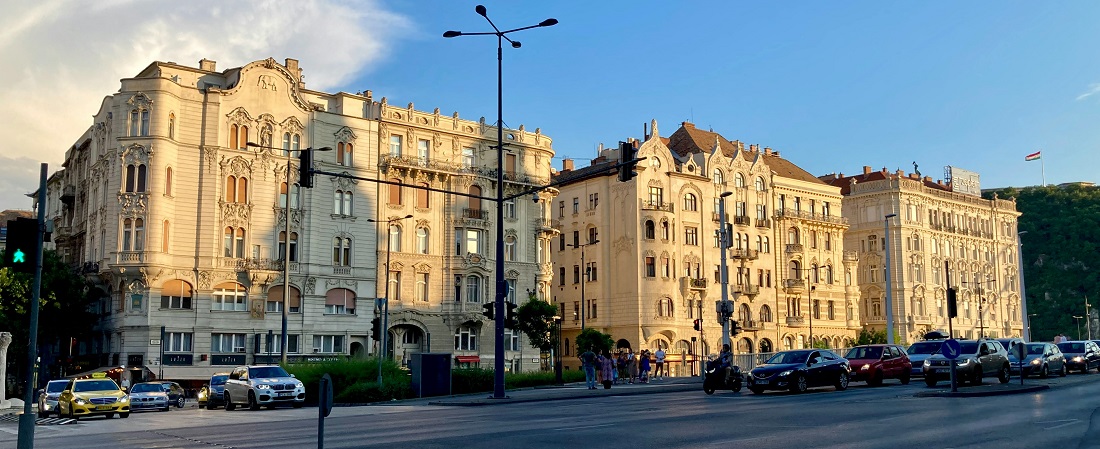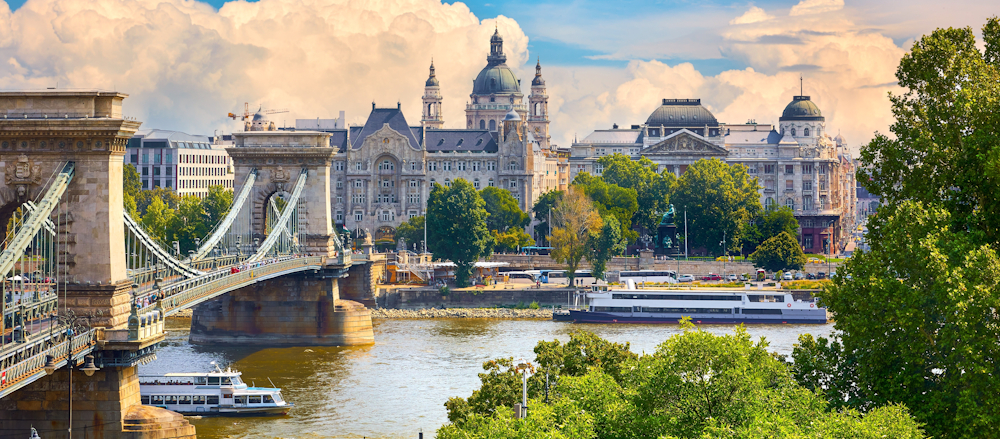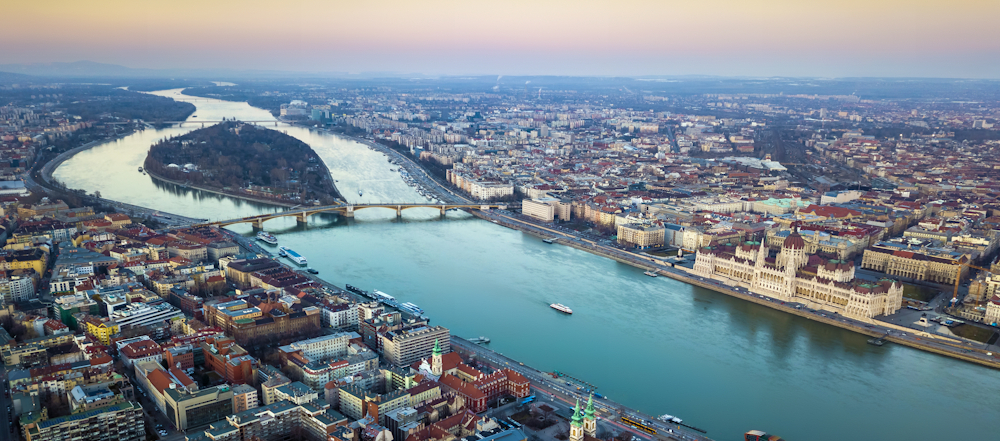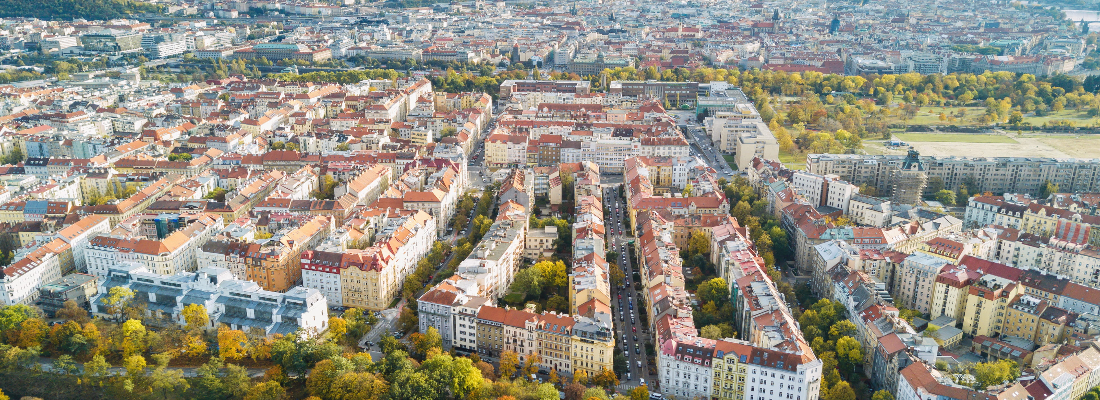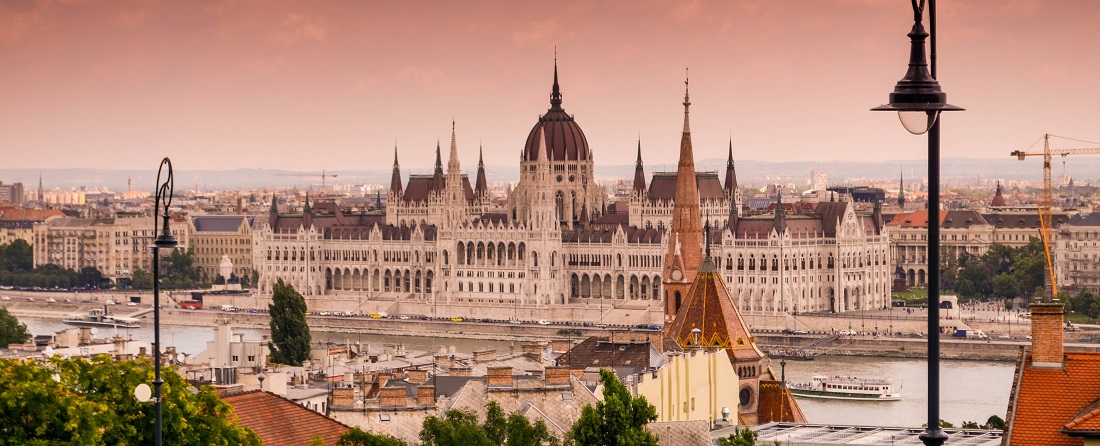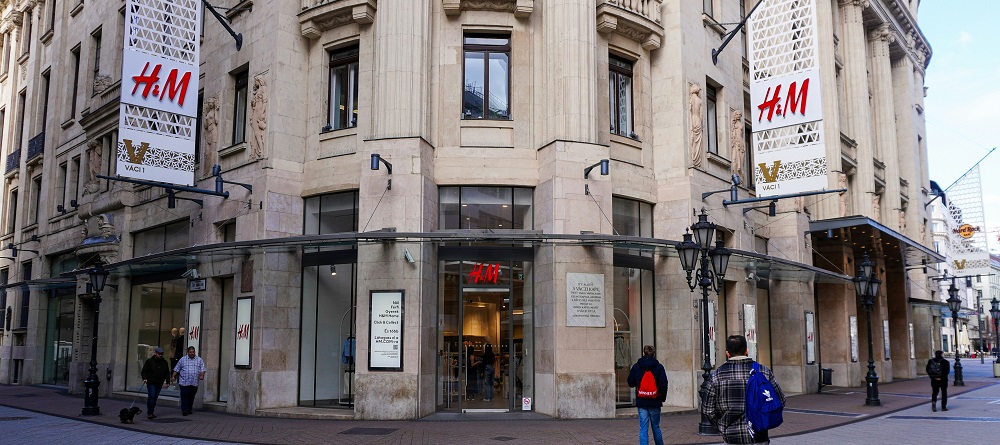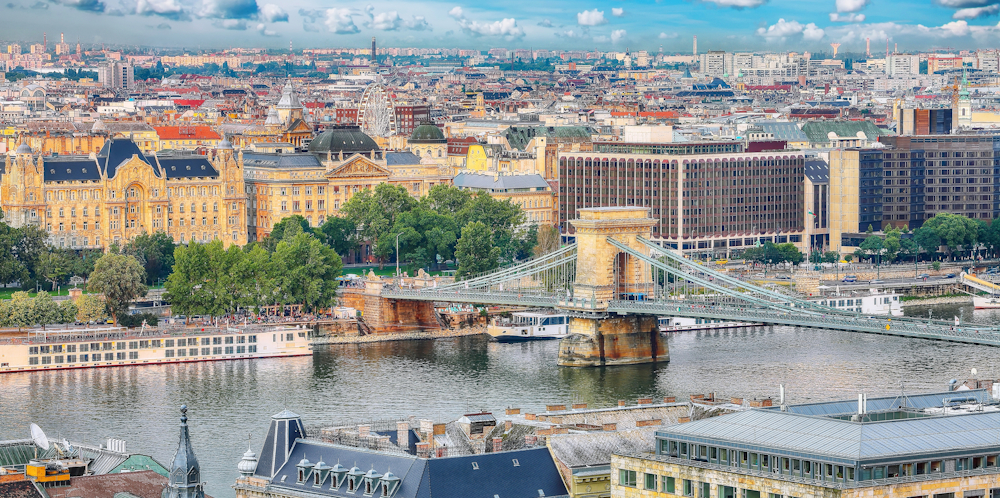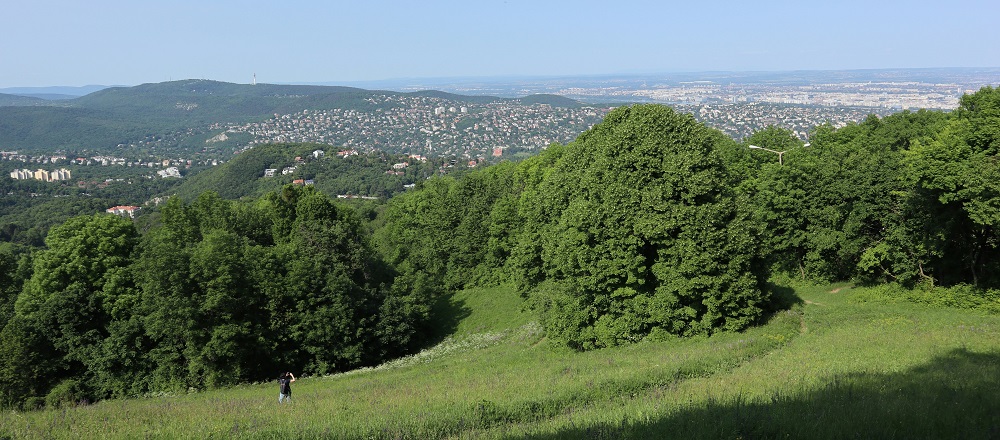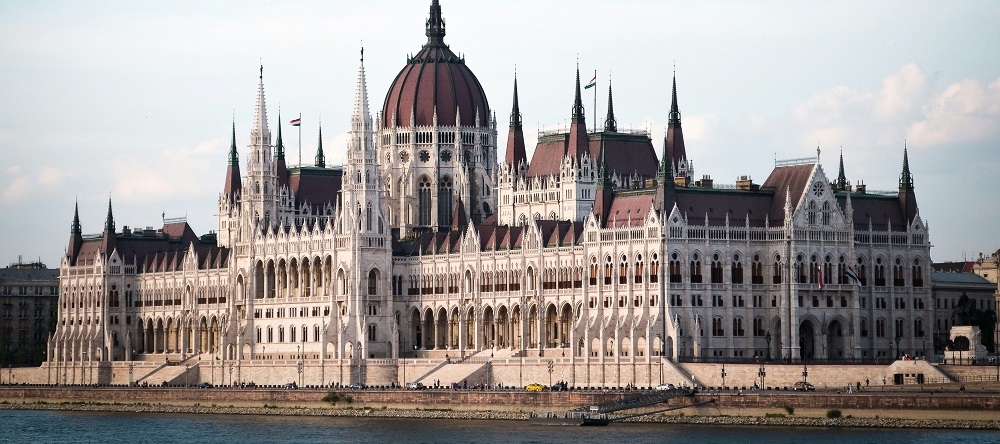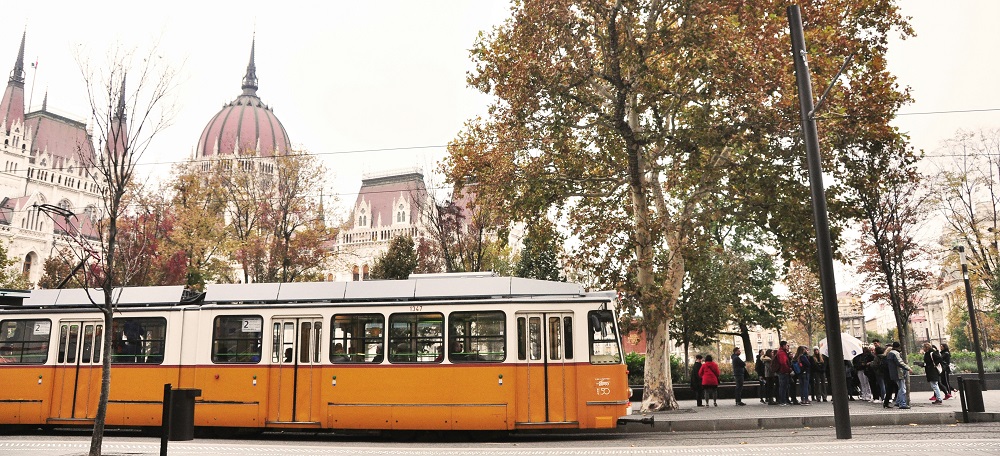Living in Budapest as an expat
Straddling the Danube River, Budapest easily has one of the most beautiful settings in Europe, and combined with its wonderful architecture, greenery and breathtaking river views, the city is often touted as one of the prettiest on the continent. If you’re moving to Budapest, you will find the city vibrant and modern while still maintaining an old-world charm.
The capital of Hungary is bisected by the river, which formerly divided it into two distinct cities: Buda and Pest. Long since united, Buda and Pest are still opposites, both in look and feel: Buda on the western bank is hilly, residential, and pretty, while Pest on the eastern bank is flatter, industrial, and edgy.
Working in Budapest
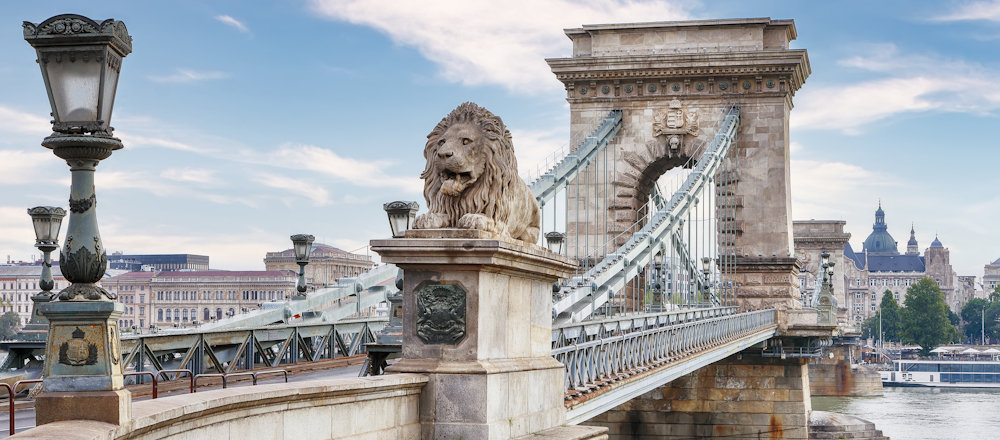
The city has successfully shed its socialist past and nowadays attracts tourists and expats in their droves with a cosmopolitan spirit and exciting business opportunities. Foreign companies have bolstered the economy by establishing regional headquarters and shared service centres in the city, and a thriving international community now exists.
Expats can find jobs in the finance, construction, IT, and education sectors, among others. Those with healthcare qualifications and experience can also find opportunities in the growing healthcare sector.
Non-EU and EEA citizens will need a visa and work permit to live and work in Budapest. Before hiring a foreigner, your employer must prove that no Hungarian or EU citizen is qualified to do the job, which can lengthen the process.
Finding a Job in Budapest
Visas and Residence Permits in Hungary
Work Permits in Hungary
Lifestyle in Budapest
Although it accounts for most of the industry in Hungary, Budapest is more than just a political, cultural and commercial hub. Time Magazine, the International Council of Monuments and Sites, and the New York Times Magazine have all named Budapest as one of the most beautiful cities in Europe, and it generates significant tourism.
Alongside the exquisite architecture and UNESCO World Heritage sites, Budapest offers residents a range of things to see and do, including world-class shopping opportunities and some of the best nightlife in Europe. The city is also known for its exciting culinary offerings. You can find everything from traditional Hungarian cuisine to Italian, Mexican, and American food.
Lifestyle in Budapest
See and Do in Budapest
Finding accommodation in Budapest
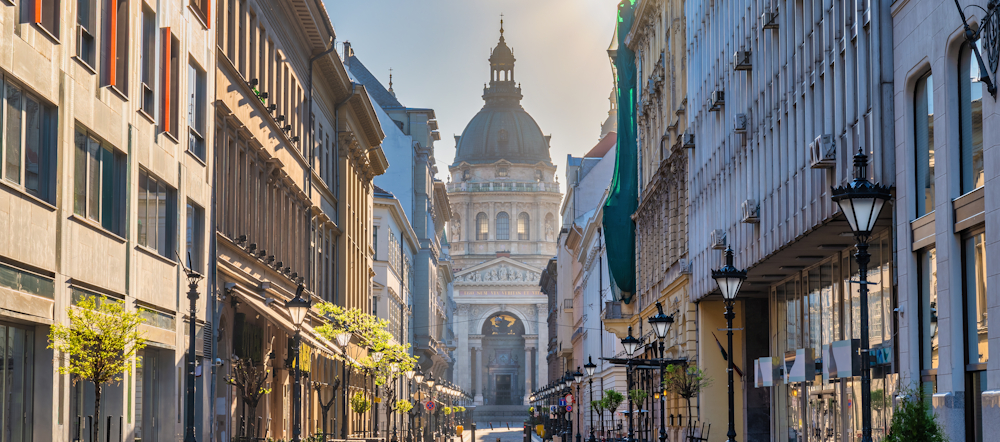
Choosing which side of Budapest to live on is a matter of preference: bustling, urban, and exotic Pest, or stately, comfortable and considerably quieter Buda. In general, accommodation in Budapest is easy to find and is considerably cheaper than housing in high-profile expat destinations.
Many young expats often live in Buda, which is closer to their workplaces and exciting amenities like restaurants and bars. Families typically prefer living in Pest, where there is frequently more spacious housing at an affordable price.
Finding Accommodation in Budapest
Best (and Worst) Neighbourhoods in Budapest
Cost of living in Budapest
While the cost of living in Budapest is one of the most affordable in Europe, allowing you to enjoy a high quality of life, salaries in Hungary are notoriously low. Consequently, those accustomed to higher wages might need to budget carefully, with accommodation likely being the heaviest expenditure in their monthly budget. While housing in Budapest is largely affordable, utilities will set expats back a fair bit, especially during the cold winter months.
Living in Budapest with children
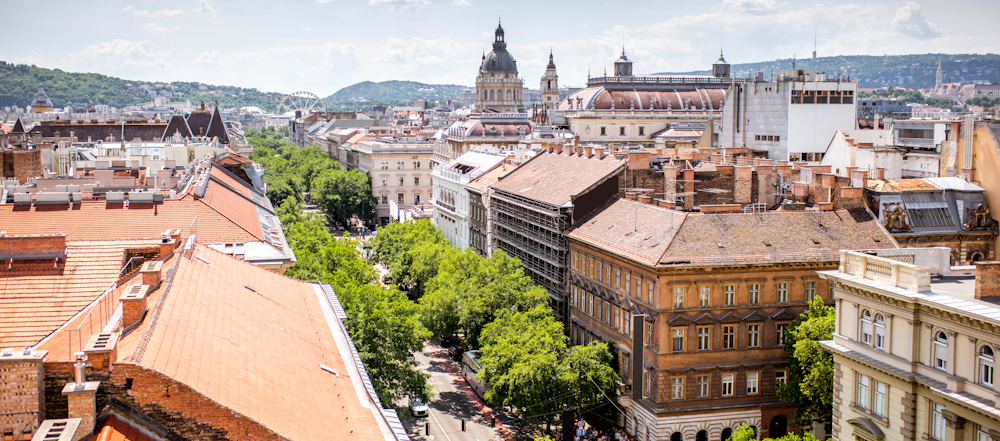
Budapest is a wonderful city to raise a family in, as the family structure is integral to Hungarian society. Healthcare in Budapest is also excellent and comes at a fraction of the cost of what you may expect in other European countries or in the US. Parents also needn’t worry about activities to keep their tots and older children entertained during their leisure, as there is always something new to explore in Budapest.
Healthcare and Health Insurance in Budapest
Finding a school in Budapest
Expat parents whose children are not proficient in Hungarian will need to budget for the costs of private or international schools in Budapest. While public schools in Hungary are free to attend, most expats find this cost worth it. International schools provide students with continuity in their studies by offering global curricula such as the International Baccalaureate or the British or American curricula.
Education and Schools in Budapest
International Schools in Budapest
Getting around in Budapest
While easily one of the most walkable cities in Europe, Budapest also has an exceptional transport network, which makes living without a car easy and stress-free. The metro is primarily a Pest operation, with two lines covering wide north-south and east-west arcs and a third, smaller line connecting the centre with the City Park (Városliget). Buda is dominated by a complex tram and bus system.
Climate and weather in Budapest
Budapest’s weather is largely continental but can also be unpredictable. Winters are freezing, while summers are quite hot with occasional light showers. November brings the highest rainfall, and autumn is slightly cooler.
Moving to Budapest is an exciting adventure. Expats will find plenty of English-speaking services but will also need to understand that the city comes with its own set of quirks.
